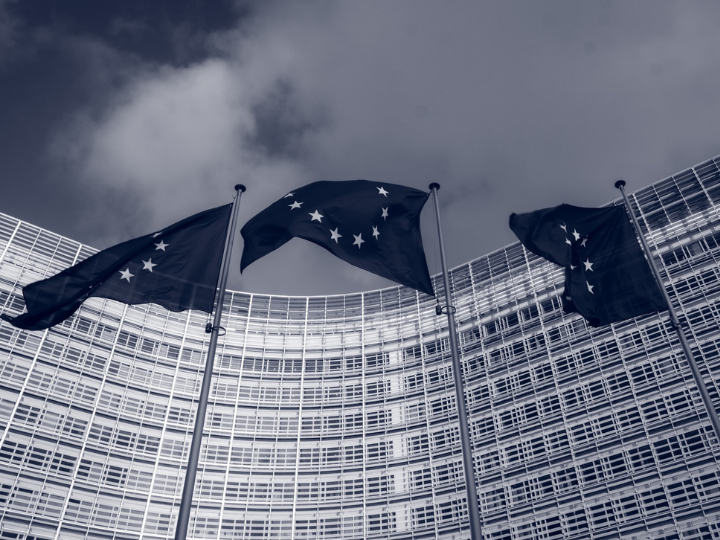A dispute over how to shield low-income citizens from European Union policies to put a price on pollution is threatening to prevent the bloc’s countries from agreeing a raft of new green measures.
Environment ministers from the EU’s 27 member countries meet on Tuesday (28 June) to attempt to agree joint positions on more ambitious laws to reduce planet-warming emissions, including reforms to the EU carbon market and a 2035 phase-out of new fossil fuel-powered cars.
Taken together, the laws are designed to deliver the EU’s 2030 target of reducing net emissions by 55% from 1990 levels. What ministers agree will set their position for negotiations with the EU Parliament on the final laws.
But ahead of the meeting, countries are at odds over Brussels’ plan to launch a new EU carbon market in 2026, imposing CO2 costs on polluting fuels used in buildings and transport.
The proposal, which the European Commission says is needed to tackle rising transport emissions, has split countries, with some worried it could raise citizens’ energy bills – which have soared in recent months and are fuelling inflation.
Social Climate Fund
Any deal is expected to hinge on whether ministers can agree to a new EU fund to help poorer households pay energy bills and switch to clean energy, diplomats said.
Countries are split over how big the fund should be, and how to finance it. The Commission proposed it contain revenues from a quarter of the CO2 permits sold in the new carbon market – expected to yield roughly €72 billion from 2025-2032.
Wealthier EU states including Germany and the Netherlands want to curb its size – with some, such as Austria, expected to receive less than 1% of the fund, under the Commission’s proposal. Some central and eastern countries say it should be bigger and they cannot agree to the new carbon market without it.
The risk is that failure to approve the fund could thwart deals on other proposals – including reforms to the EU’s existing carbon market – since the laws are interlinked.
EU ministers will also seek agreement on the EU’s plan to effectively ban new combustion engine car sales from 2035, to speed Europe’s shift to electric vehicles.
Germany’s finance minister ignited the negotiations last week, when he said the bloc’s biggest car market would not support the goal. Italy, Portugal, Slovakia, Bulgaria and Romania also want it delayed to 2040.
*first published in: www.euractiv.com




 By: N. Peter Kramer
By: N. Peter Kramer

